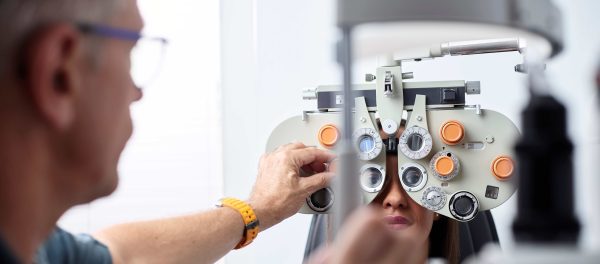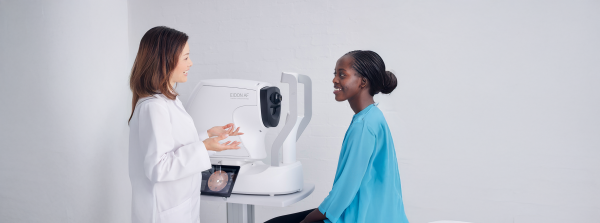Managing Myopia
Myopia Management Lead Optometrist Sarah Douglas talks about her personal experiences in managing myopia.
Myopia Management
Do you worry that every time your child has an eye exam, they need increasingly stronger glasses? Would you like to slow the rate of progression of their myopia, so that their final projected prescription is halved?
Myopia Management is the slowing or reduction of the rate of progression of your child's myopia using specialist contact lenses or glasses, lifestyle advice and regular monitoring.
Your child's final projected prescription could be reduced by an average of 59% of its original trajectory, meaning thinner lenses and less dependency on glasses.
Research has consistently shown that all levels of myopia result in an increased likelihood of eye conditions such as glaucoma, cataract, myopic maculopathy and retinal detachment later in life and that every dioptre increase raises the likelihood further.
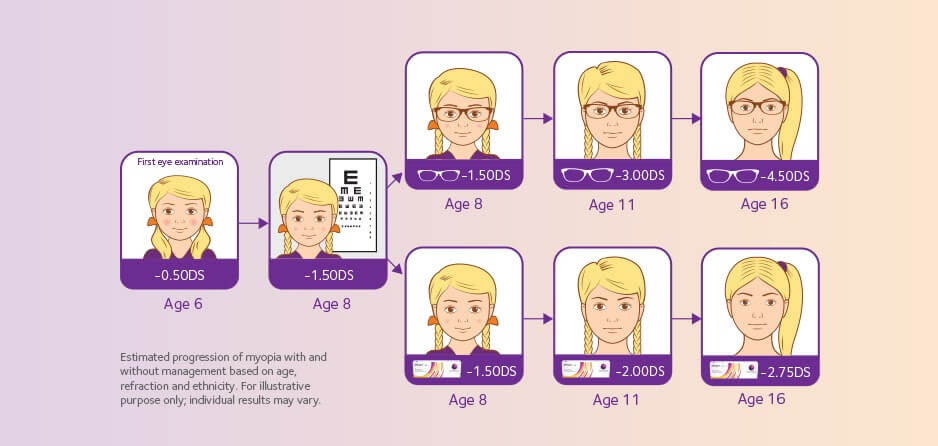
Here you can see possible progression with and without the intervention of myopia management.
Myopia Management with Lynne Fernandes Optometrists
So, what happens?
Firstly, book a myopia assessment. Here we look at family history, age and current prescription, environmental and lifestyle factors to calculate the likelihood of progression and the likely final prescription. You can get a head start here.
At this appointment we discuss all the options available for your child, so we can tailor-make a treatment solution individually for them, be it specialist DIMS spectacle lenses, daily myopia management contact lenses or contact lenses that are worn overnight to reshape the eye so that no glasses or contact lenses are needed during the day. We also give advice on lifestyle changes. You can then make an informed decision as to the best option for your child.
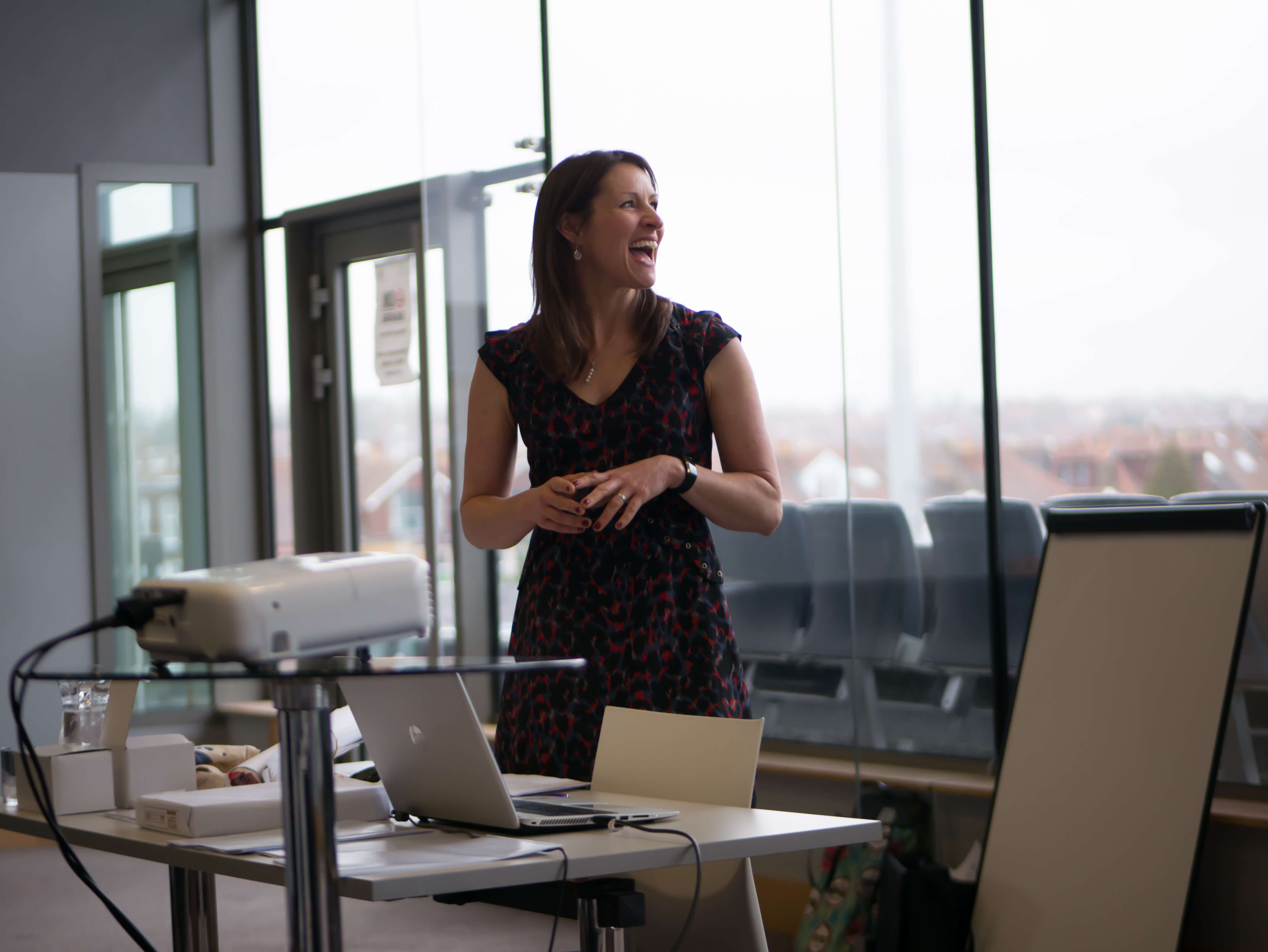
Myopia control management assessments
How will you know if this is working for my child?
At Lynne Fernandes Optometrists, we monitor myopia control management patients every 6 months. This often includes measuring axial length of the eye along with checking their prescription or refraction.
If we feel an alternative option would be more beneficial for managing the axial length or prescription, we would discuss this at your regular myopia control appointments.
Why is Myopia Management Important?
If we didn’t try Myopia Management what is the worst that could happen?
We know that using the traditional method of single vision distance glasses, myopia rates progress throughout childhood/ teenage years. This leads to stronger glasses which are more costly and have thicker lenses which is less cosmetically pleasing.
Research shows increased risk of eye disease for patients with myopia including retinal detachment, myopic macular degeneration, glaucoma and cataract. These risks are apparent even for small levels of myopia and increase with increasing myopia.
Benefits of Managing Myopia
There is a wealth of evidence for myopia management.
We can provide you a list of references from international research in this area spanning 20 years, and we have over 100 successful patients in our myopia management scheme that we have been following since 2014, whose prescription has either stabilised or the rate of progression has reduced.
Evidence shows good effectivity with all the methods we offer including up to 59% effectivity in slowing the rate of progression with MiSight daily disposable contact lenses.
We can discuss with you effectivity rates and the best option for your child at the myopia assessment appointment.
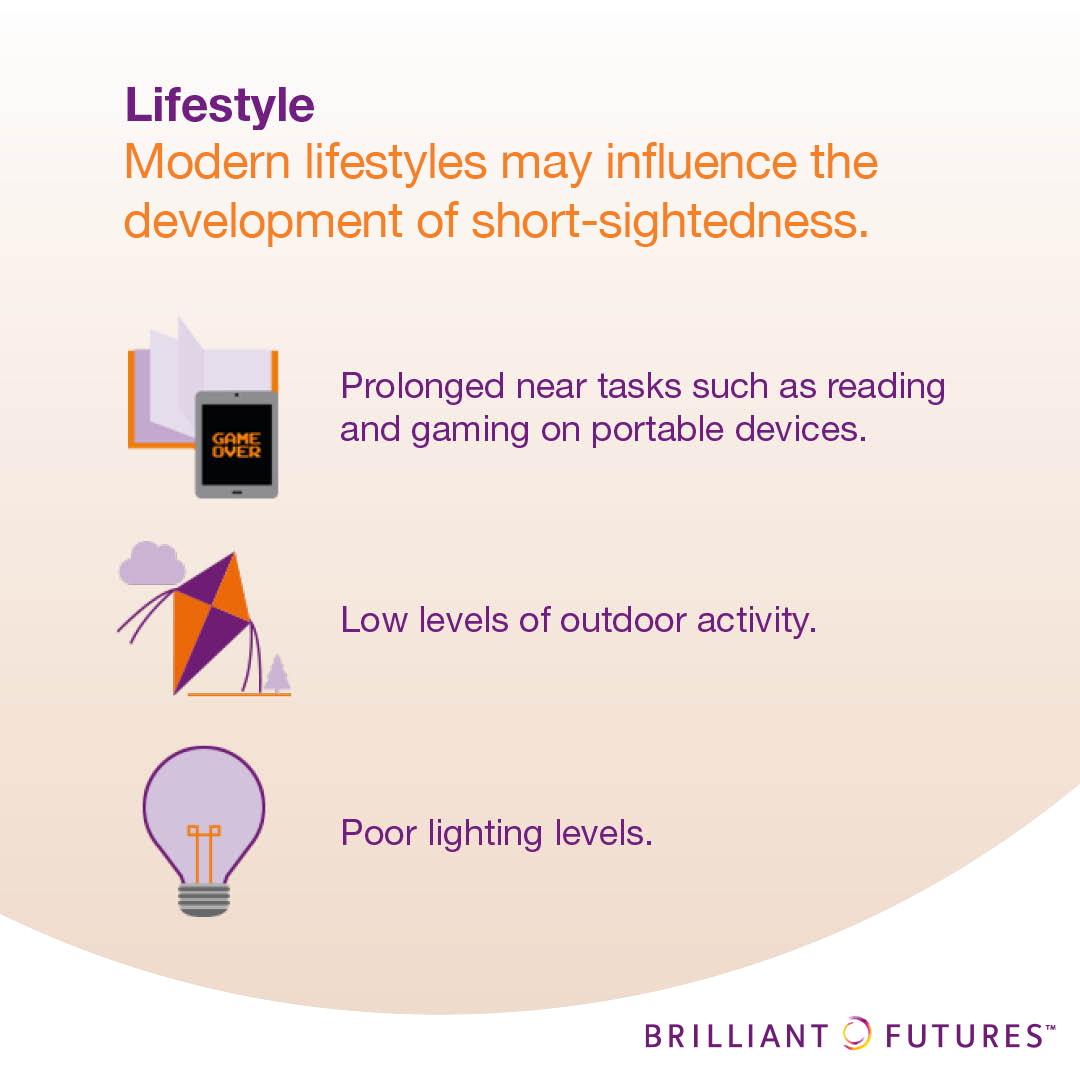
Myopia Management for Children
How long will my child need to be on Myopia Management?
The beauty of myopia child management options are that they can be continued into adult life. There is no cut-off point.
We review at 18 to 20 years and if there is no progression in refraction (prescription) or axial length for 2 years there is the option of stopping.
What is the earliest age you recommend?
The best time to start myopia management is at the initial diagnosis. There are myopia management options available for all ages.
Under the age of 9yrs, myopia tends to progress at a faster rate so the sooner we start myopia management, the more effective it is likely to be.
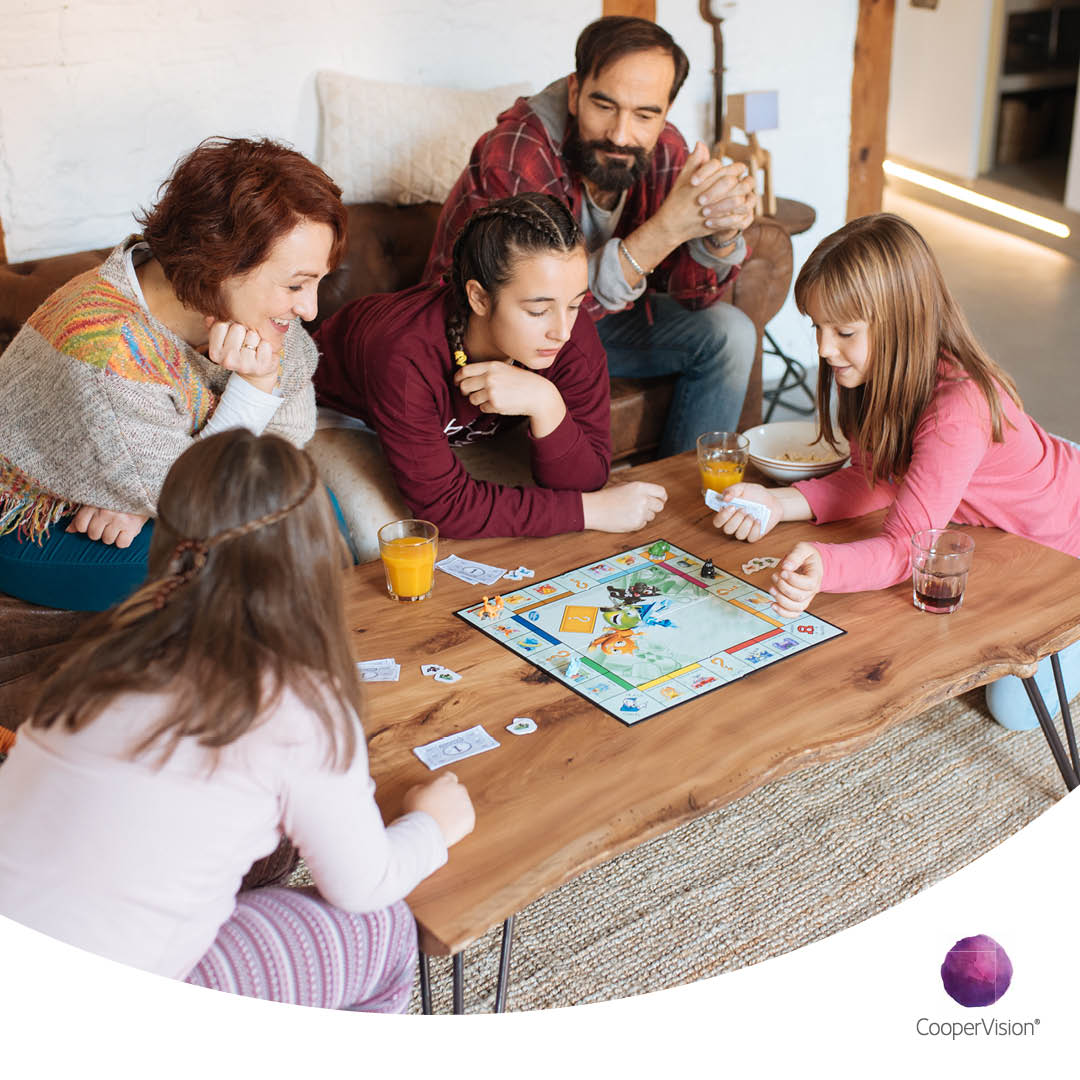
Is it more beneficial to start at an early age and what is the oldest age you would recommend to start?
The average age for developing myopia is reducing – younger onset means faster and more eye growth, which increases likelihood of high myopia and higher risk of eye diseases.
At Lynne Fernandes Optometrists we recommend managing myopia from the time its is first diagnosed. The sooner myopia is managed the greater effect of myopia management we see.
There is no minimum or maximum age for myopia control - if the myopia is progressing, we recommend myopia management strategies to you.
If my child struggles with contact lenses, are there any other options? If so, what?
Yes, there are options for myopia management in glasses.
We now offer MiYOSMART spectacle lenses, which have shown fantastic results over a two year trial.
How many lessons does my child have to learn how to put contact lenses in? Is this part of the cost?
Every patient requires a teaching appointment before they can take home their contact lenses.
Usually, patients become proficient in one 45-minute appointment but they can return as many times as they need to in order to gain confidence in this.
This cost is covered in our Eyesense clinical plan for myopia management.

How long do they need to wear the contact lenses for?
For daily disposable myopia control contact lenses, we recommend a minimum wearing time of 6 days per week for 10 hours per day.
For overnight Ortho k myopia control lenses, we recommend a minimum wearing time of 6 nights per week.
Why choose Lynne Fernandes Optometrists for Myopia Management?
We are experts. We are ethical.
We have completed Myopia Management courses. This proves our credentials and desire for clinical excellence.
We will put your child's welfare first.
We are recognised nationally as leaders in implementing and running evidence-based myopia eye disease management clinics.
You can be reassured you and your child will have the best care.

What is Myopia?
Get the latest news & updates
Sign up with us to receive all our latest news and information

